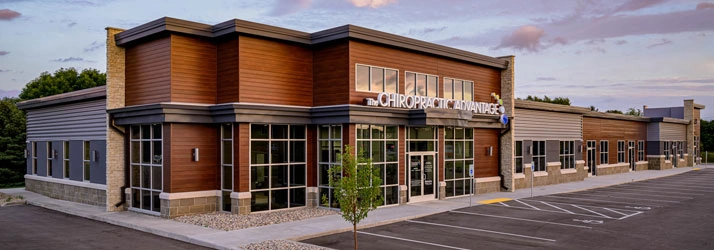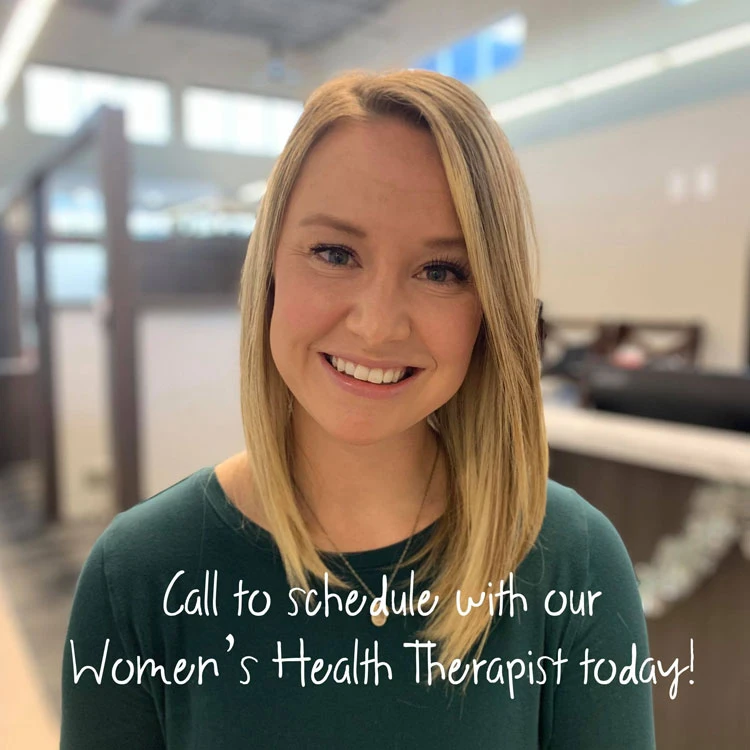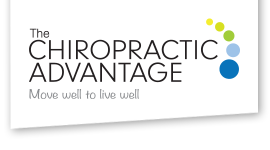What To Expect At An Appointment With A Women’s Health Specialist in Appleton WI
What To Expect At An Appointment With A Women's Health Specialist in Appleton WI

Every woman in Appleton WI deserves access to care that is highly individualized, comprehensive, and sensitive to her unique and pertinent needs. She deserves access to a professional who knows the female body, who understands the stressors and intricacies of a woman's life, and who values one-on-one interaction that gives time and space to assess and process not just the physical aspects of a human, but also the emotional and psychosocial ones as well.
Every woman needs access to a women's health specialist (WHS).
Whether she is looking for help to prepare her body for pregnancy, to manage the aches and pains during pregnancy, to prepare her mind and body for labor and delivery, to help with the restoration and rehabilitation following childbirth, to safely return to an active lifestyle post-baby, or to help her manage the changes that come with aging and the perimenopausal years, there are countless benefits to working with a women's health specialist.
What happens during a women's health appointment in Appleton WI?
If you're wondering what exactly goes on during a women's health appointment, hopefully this will shed light on the topics that are covered during an initial evaluation and then subsequent appointments. Of course, every woman is different and her needs will be unique; however, here is a general guideline for what to expect during your sessions at The Chiropractic Advantage.
Initial Evaluation (60 minutes)
Goal: Obtain a thorough and comprehensive understanding of your daily life, habits, routines, and roles in order to help the WHS paint a picture of what you want, need, and like to do and how your current body system may be limiting you.
The assessment portion will likely include:
- Interview about relevant medical history,
- Interview about daily life (home, work, leisure, health, etc),
- Interview about your goals, concerns, fears, and hopes,
- Functional movement assessment to find potential areas of limitation
The treatment portion of the first visit will likely include:
- Training in two or three exercises for starting your home program in order to begin working on limiting areas immediately,
- Education on how to improve posture, modify painful movements, or adjust your home or work environment to reduce pain or make daily tasks more movement-friendly.
- Encourage signing up for an app to have 24/7 access to your home program with ability to communicate with your WHS in between your sessions.
Follow-up Sessions (60 minutes)
Goal: Check-in on chief complaints or concerns, reassess aspects of the movement assessment that demonstrated limitations, and progress or modify exercises as appropriate.
Treatment sessions are all about checking, re-checking, and progressing. The body is incredibly complex and no two women are alike; it may take a few sessions until you and your WHS are able to nail down the exact cause of your symptoms in order to develop the most effective treatment plan. That is good! We want to get to the root of the issue so it isn't likely to resurface at another time.
You may be surprised to find that you aren't actually doing a lot of "work" during your treatment sessions. That is because your WHS needs to see you move in many different positions and needs your feedback in order to send you home with the most effective exercises. Sessions may include some hands-on treatment, but likely won't every time. Your WHS is more concerned that you are able to treat yourself through use of mobility tools and certain exercises. The general premise is that one or two hours a week won't do much for rehabilitation if you are doing nothing the other 166 or 167. The goal is to send you home with education and experience to do the work consistently and correctly, and to rehab yourself so that you don't need to come back week after week. WHS love their patients but don't want to see them forever!
The real magic of a WHS is her ability to select exercises that are effective and that meet your body where it's at. At each follow-up visit, there should be a progression of your home exercises, modifications, or even changes altogether as your body responds to the current program.
For some women, exercise isn't as important as is discussion and education regarding daily lifestyle habits. A WHS is available to talk through ways to improve everyday life factors, including sleep health, bathroom habits (yes, talking about leaking and constipation!), stress management, posture considerations during work, safe lifting of babies and car seats, and safe exercise across the spectrum of a woman's life. There is a deep belief that knowledge is power; empowering women to thrive, not just survive, is a WHS mission.
FAQs About Seeing a WHS
- How often will I need to see my provider? You and your provider will develop a treatment plan. It may be suggested that you see the WHS more frequently (maybe twice a week) for a few weeks, then decrease to one time a week for a few more weeks after that. Or, it may be once a week or even once every other week. It is entirely dependent on your needs, your concerns, your availability, and your goals.
- How many visits will I need? Unfortunately, it's too hard to say. It will entirely depend on your needs and goals, and unfortunately there may be a factor of insurance coverage as well. Women who are diligent about their home program and who take responsibility for their treatment plan will likely need less sessions and may be able to "fly the nest" to carry out their plan with only a check-in once in a while.
- Will I be sharing time with other patients during my hour-long session? Not at all. Every patient is given 60 minutes of the WHS undivided attention.
- Will there be any kind of internal examination? Some WHS are certified as internal pelvic floor therapists, but that is most commonly seen in a physical therapy clinic. The WHS here at The Chiropractic Advantage is not an internal pelvic floor therapist, however you may be referred out to see one if the WHS does feel it is indicated and would benefit you in a greater way than what can be offered here.
- Does insurance cover this type of therapy? In most cases, yes, however there are some instances where women will see a WHS with more of a preventative mindset and don't necessarily have a "diagnosis" of an issue or problem. For those women, insurance may deny coverage. We also offer a cash rate, as well as package deals, so you will never be denied help if you are seeking it.
- How can I get started with a WHS? Call us today, (920) 997-9740! We'd be more than happy to get you set up with our WHS and help you experience the benefits that we have to offer every woman in any season of her life!





